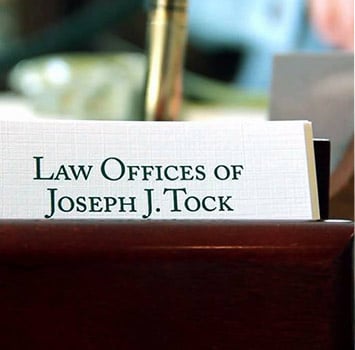If you are considering adding a trust to your estate plan, you may already know the benefits a trust can offer. Unlike a will, a trust allows some assets to bypass probate and go directly to your heirs. Trusts are also useful for protecting your assets from certain tax ramifications and other financial issues.
However, you may not realize that there are two general kinds of trusts: revocable and irrevocable. Knowing which one is most appropriate for your estate plan may take some frank discussion with your loved ones and your legal counselor. To begin with, however, you may wish to have an overall idea of how each works and the pros and cons of both.
Understanding revocable trusts
With a trust, you transfer the assets you choose to the ownership of the trust. Because the trust now owns the assets, they no longer belong to your estate and so are not involved in the probate process after you die. Your trust can include instructions for how your trustee will manage or distribute the assets in the trust. While you are still living, however, you are the trustee. Your control of the assets depends on which type of trust you create.
If you establish a revocable trust, you may remove or add assets at any time you wish. The benefit of this is having access to your wealth, but it also makes those assets available to your loved ones, according to your instructions, if you should become incapacitated. On the downside, since you have control of your assets, they may be vulnerable to your creditors or anyone who files a lawsuit against you.
What about an irrevocable trust?
An irrevocable trust, on the other hand, cannot be changed once you establish it. The assets remain part of the trust, and you cannot access them or change the terms of the trust. Many use irrevocable trusts for gift planning but also to avoid certain tax and creditor ramifications. Ownership by an irrevocable trust protects those assets from any claims against you or your estate, in most cases.
The main complaint of those who create irrevocable trusts is that it is quite difficult to regain control of assets once you have funded them to the trust. Additionally, beneficiaries of irrevocable trusts do not always appreciate having to rely on the trustee to access their inheritance. Nevertheless, the protections of an irrevocable trust may be important to you. To determine whether a revocable or irrevocable trust is appropriate for your situation, you may want to discuss your objectives with a legal professional.

